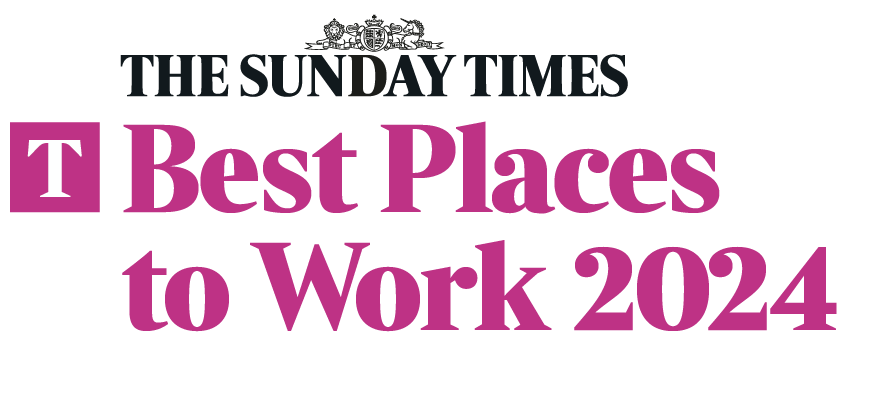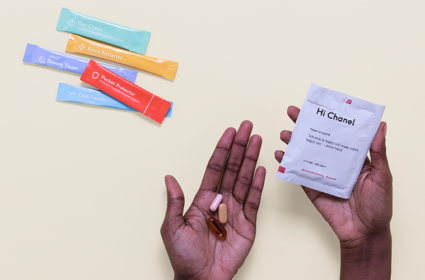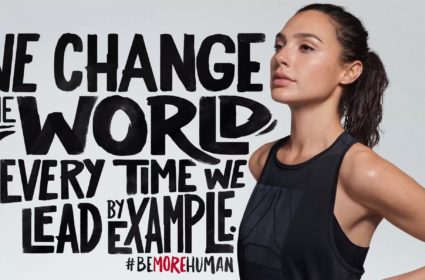Ancient Egypt, Skin Scanners & Algorithmic beauty… what we’ve been reading this week at Brand Genetics
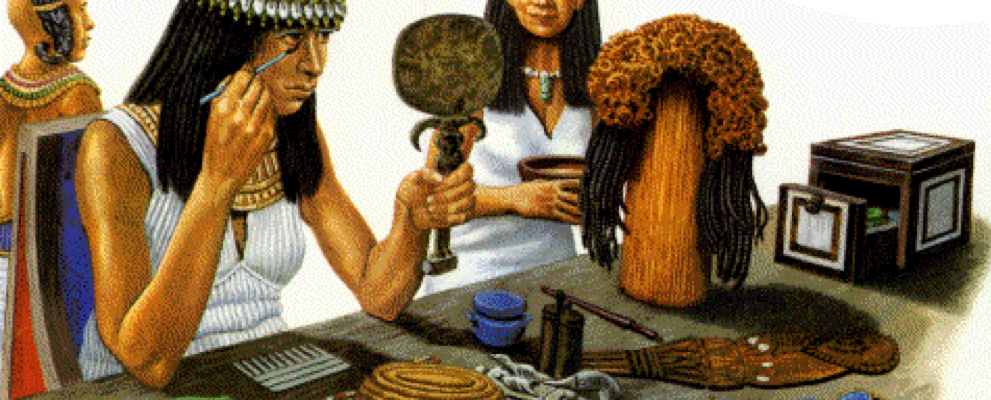
This week we’ve been reading about Beauty Tech, and a few insights have caught our eye…
The beauty category is no exception when it comes to industries that have been revolutionised through advancements in technology, but before we explore this further, let’s take a look back at the modest origins of this exciting and ever-evolving industry.
The Beauty of Yesterday: Ancient Egypt
Often referred to as the most vain civilisation in history, Ancient Egyptians are known to have played a vital role in shaping modern ideals of beauty. For example, these populations used olive oil, honey and milk to keep their skin wrinkle free, as well as the pigment from clay to create lip and cheek tints to recreate a healthy glow. Another prime example is their use of a charcoal-like substance called Kohl to create thick black lines around their eyes to enhance their natural shape, believing that by following this technique, it would also protect their eyes from the glare of the sun.
Fast forward to today and you’ll find this ancient ritual ever present, upgraded and reinvented amongst popular makeup routines such as the ‘smokey eye’ look. But it’s not just the style that’s been used as inspiration — even their wrinkle-erasing ingredients themselves, used 5000 years ago, are regularly featured in a number of natural cosmetics.
The Beauty of Tomorrow: Beauty Technology
In contrast to the simplicity of ancient times, the current beauty landscape is much more complex — integrating new technologies, terminology and techniques to transform cosmetics lovers from traditional consumers to semi-experts who are more in control of their beauty regimes than ever before. While there are many brands driving this shift, here are a few of our favourites
360 Skincare — personalised dermatology at your fingertips
By slipping on Neutrogena’s ‘skin scanner’ gadget over the camera of your phone and downloading the associated app, Neutrogena’s latest technology gives consumers a dermatologist grade experience by providing a magnified look into their skin, allowing them to understand their skin type and needs at a microscopic level.
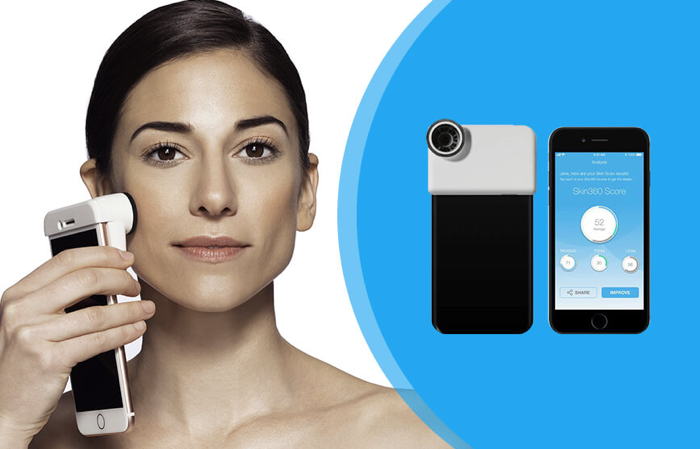
My UV patch — the first-ever stretchable skin sensor to monitor UV exposure
By attaching a small ‘sticker’ to the nail, La Roche Posay’s latest wearable innovation aims to lesson the risk of skin cancer by collecting data about the level of UV rays the user is exposed to and notifying them through an app, in order to help consumers improve their SPF usage and protect their skin from the harsh sun
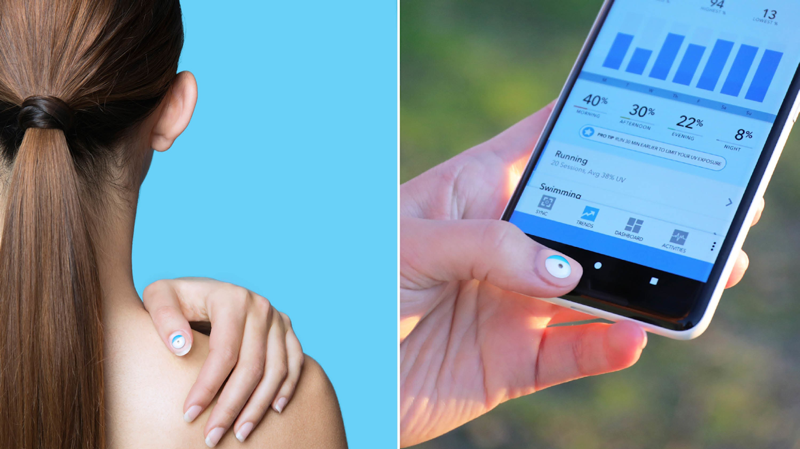
Algorithmic Customised Hair Care
The technology behind Function of Beauty lies in a unique set of algorithms designed to give each consumer a personalised hair-care experience. By taking a quiz online and selecting current hair type, hair needs, and even fragrance preference, Function of Beauty creates customised formulations of high-performance, natural ingredients to develop effective shampoos & conditioners
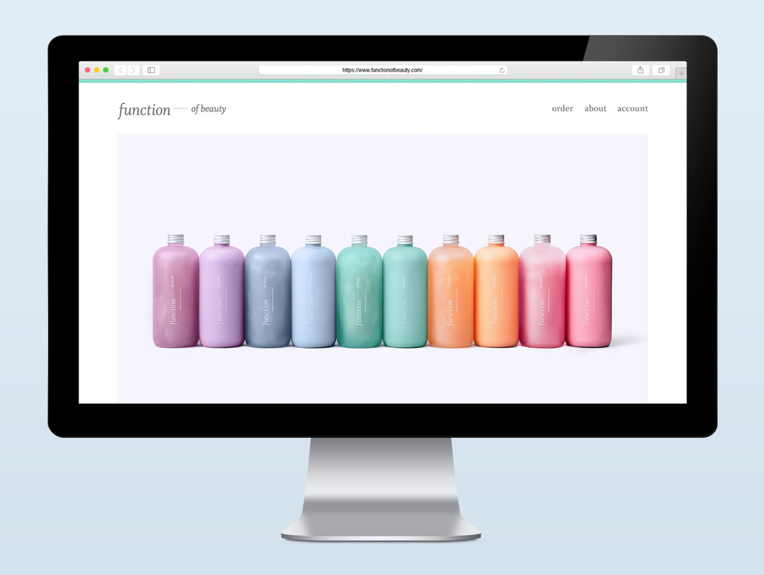
Skincare throughout your cycle
An interesting addition to the list, Knours develops skin products for women based on their unique biological needs and changes during each phase of their menstrual cycle — a particularly innovative solution for those who suffer from waves of skin issues during the month. Knours recognises the need to look at the body through a holistic lens to understand both the internal and external factors that impact the body’s largest organ — skin.
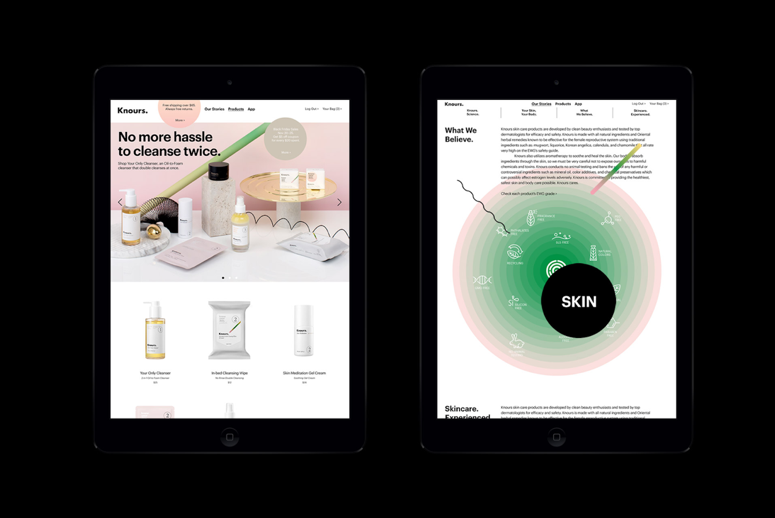
The Human Experience (HX) learnings?
As technology continues to embed itself into everyday life and consumers persist on their quest to enhance their personal care experiences, it is up to beauty brands today to find the sweet spot between the two in order to succeed and stay relevant. While the Ancient Egyptians are largely responsible for opening up the world of beauty, times have changed dramatically since then, and an essential consideration for today’s brands include ensuring that consumers can easily present the best version of themselves in a selfie-obsessed, digital world.

